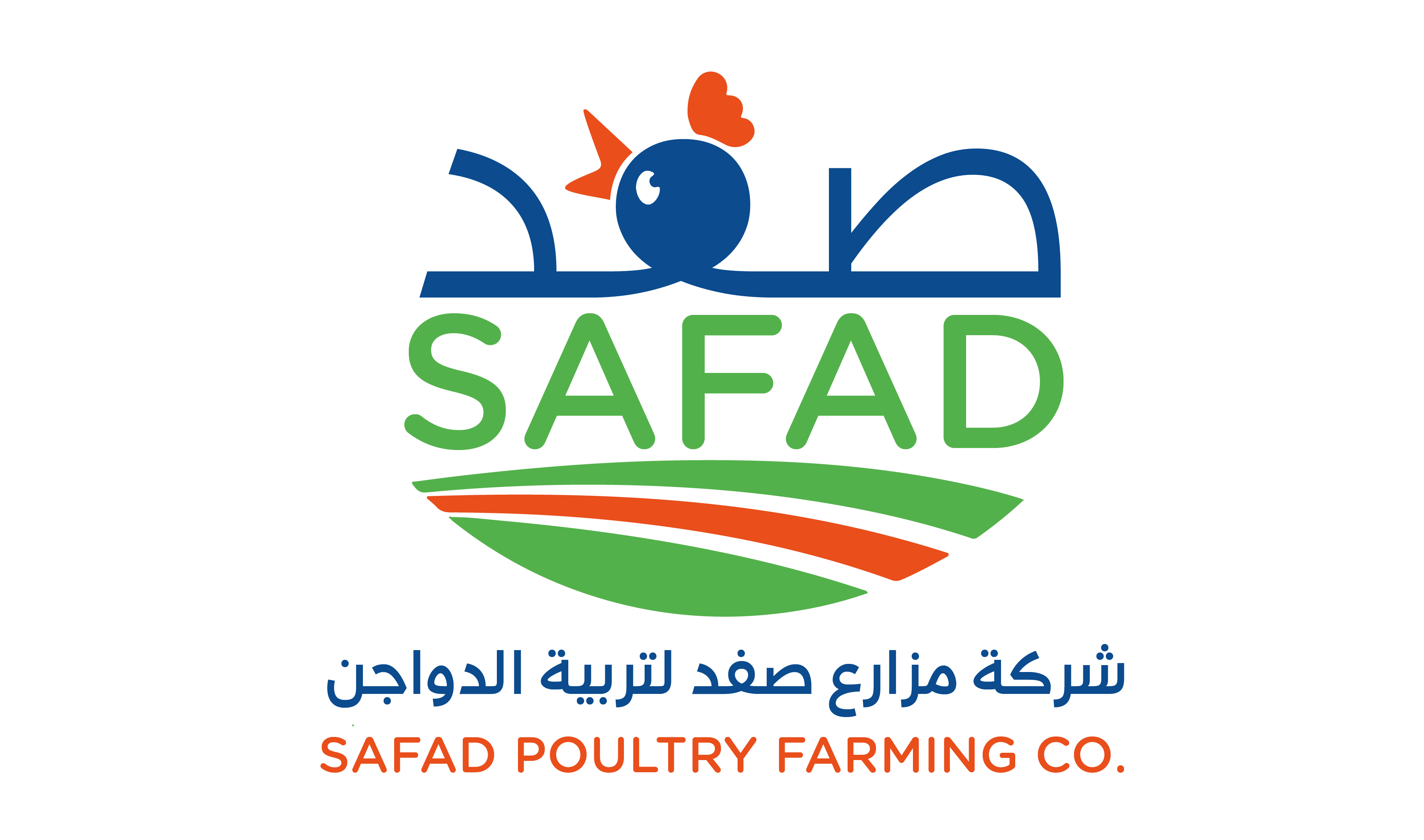Sabaneh Group
Our Origin
Established: 2023
Location: Kafr Ra’i – Jenin Governorate – State of Palestine
Business Activity: Broiler Chicken Farming
Number of Existing Poultry Houses: 3
Current Production Capacity: 27,000 birds per cycle
Annual Production (Current): Approximately 180,000 birds
About the Company
Safad Poultry Farms Company was established in 2023 with the aim of contributing to the development of the livestock production sector in Palestine, specifically in broiler chicken farming. The farm is strategically located in the town of Kafr Ra’i in the Jenin Governorate, on fertile land with easy access to all parts of the West Bank. From the outset, the company has adopted the highest standards of quality and biosecurity, employing modern poultry farming techniques, strict hygiene protocols, and professional feeding and ventilation systems. These practices ensure the production of high-quality, safe, and healthy white meat that meets the needs of the local market.
Farm Features
• Modern poultry houses equipped with advanced ventilation and heating systems.
• Balanced and healthy feeding programs supervised by professional veterinarians.
• Strict adherence to biosecurity measures to prevent disease outbreaks.
• Implementation of animal welfare standards to provide a healthy environment for poultry.
ServicesFuture Vision
Safad Poultry Farms is working toward expanding its production capacity through:
• Adding two new poultry houses with a combined capacity of 33,000 birds, raising the total to 60,000 birds per production cycle.
• Achieving an annual production capacity of approximately 400,000 birds, which will significantly contribute to food security and the stability of poultry meat supply in the local market.
The company also envisions expanding its operations to include further stages of processing and packaging, broadening its distribution network throughout Palestine, and eventually targeting regional export markets.
Our Mission
We are committed to producing safe and healthy poultry meat for the Palestinian consumer, investing in the growth of the national economy, creating job opportunities in the local community, and supporting national self-sufficiency in white meat production.
